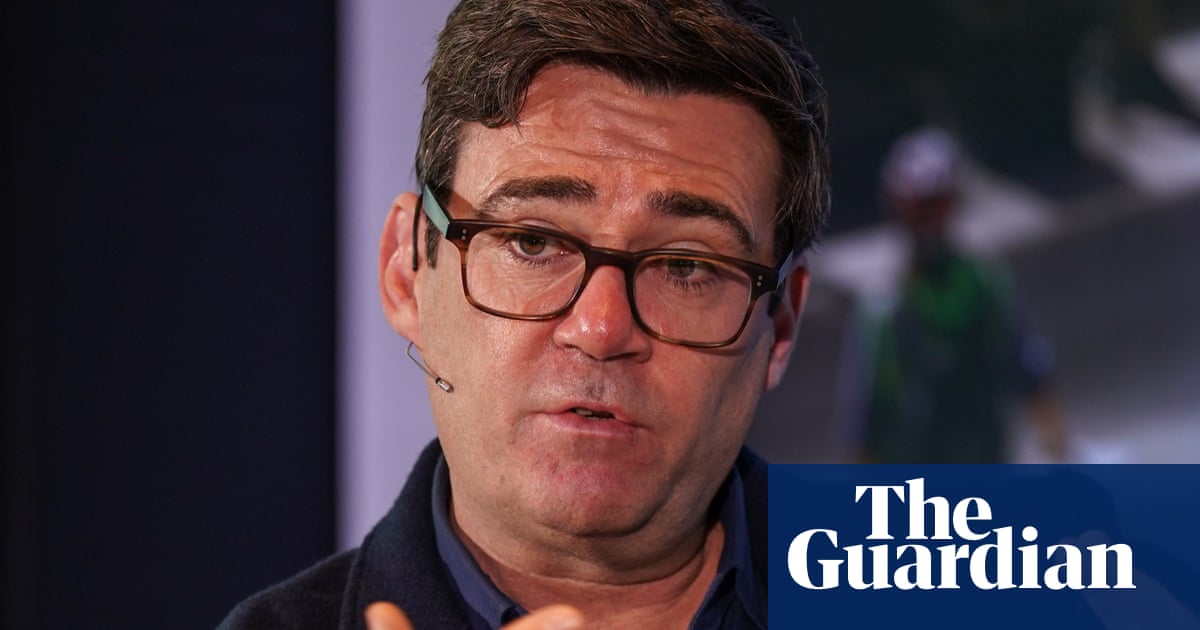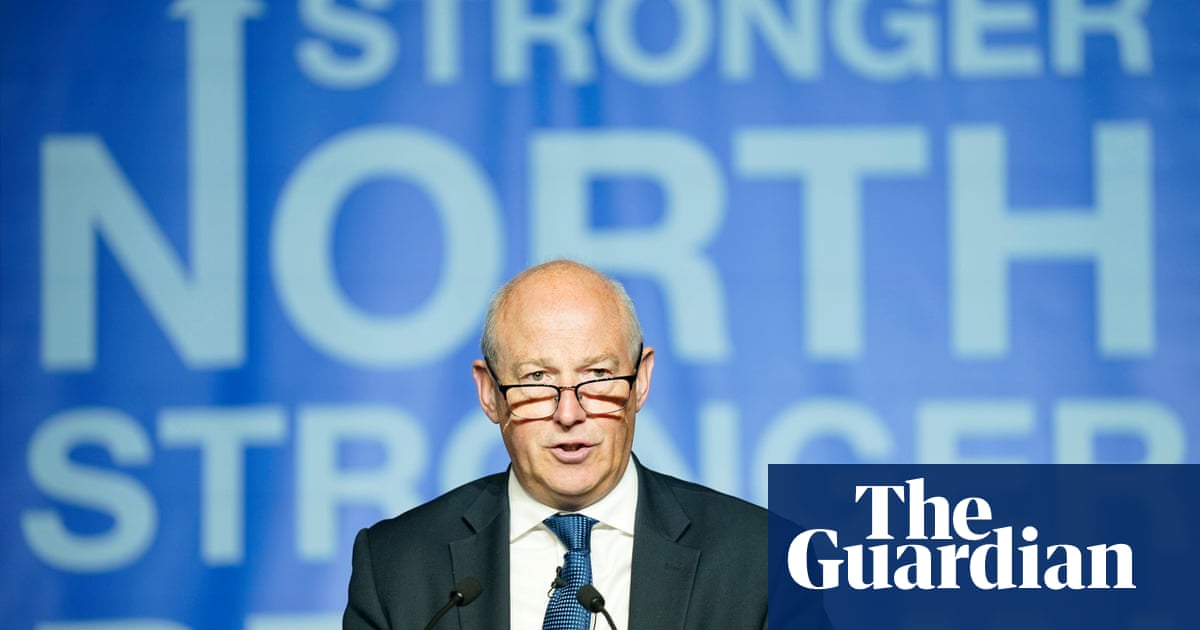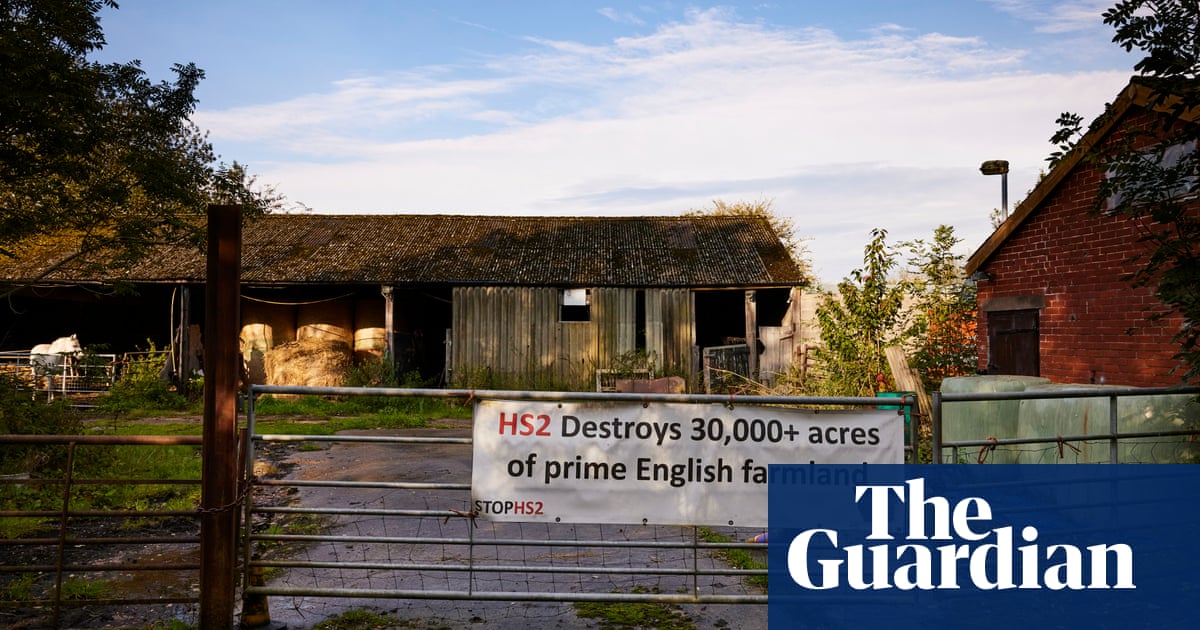
The north of England risks being left with “second-best” trains for 200 years under the government’s £96bn rail plan, the mayor of Greater Manchester has told MPs.
Andy Burnham said that while his city would do better than most in the north, the plan would not “maximise the levelling-up benefits” that ministers claimed it would bring.
The integrated rail plan, published in November, axed the north-eastern leg of HS2 and angered leaders in the region by failing to include a new promised high-speed line linking cities across the north of England.
Appearing before the transport select committee, Burnham said that while the investment would bring benefits, the north was being asked to settle for second best again.
He said: “These are once-in-200-years decisions for the country and particularly for the north of England. If we get second best then the north will have second best for 200 years or more.”
He added: “If we accept second best again, it’s our great-great-grandchildren who will grow up … with inferior transport and a smaller economy.”
The chair of the committee, Huw Merriman, suggested that Manchester was the beneficiary of most of the £96bn investment, but Burnham said a large proportion of the HS2 spending included in that total was in the route south of Birmingham, to London.
The redesigned plans for Manchester Piccadilly station, with HS2 trains now arriving overground, would cost a vast amount of city centre space as well as affecting how rail services could run to Leeds, he said.
“More economic benefit could be achieved if the station was designed as an underground station with full connectivity,” the mayor said, adding that planners were “risking the mistakes of the past by bringing in HS2 on the surface”.
He said an underground Piccadilly would allow regeneration for the centre to “be like the Canary Wharf of the north, a major success story”.
Burnham said the Treasury had not done a levelling-up analysis of the economic benefits that would come from the rail plan. The question about the spending, he said, should be “does it maximise the levelling-up benefits – and I don’t believe it does”.
Martin Tugwell, the chief executive of Transport for the North, said its own studies showed that building the promised line across the Pennines, linking Manchester, Bradford and Leeds, would bring an additional £14.4bn a year in gross value added, and 130,000 jobs across the country.
He told the committee: “You make the economic potential of the north real, you contribute from the north to the rest of the UK, rather than it needing support from the rest of the UK to the north.”
The testimony on Wednesday came after the secretary of state for levelling up, Michael Gove, unveiled long-awaited plans to close the gap between rich and poor parts of England. Gove dismissed claims there was no new money for the programme as a “bogus argument”.












